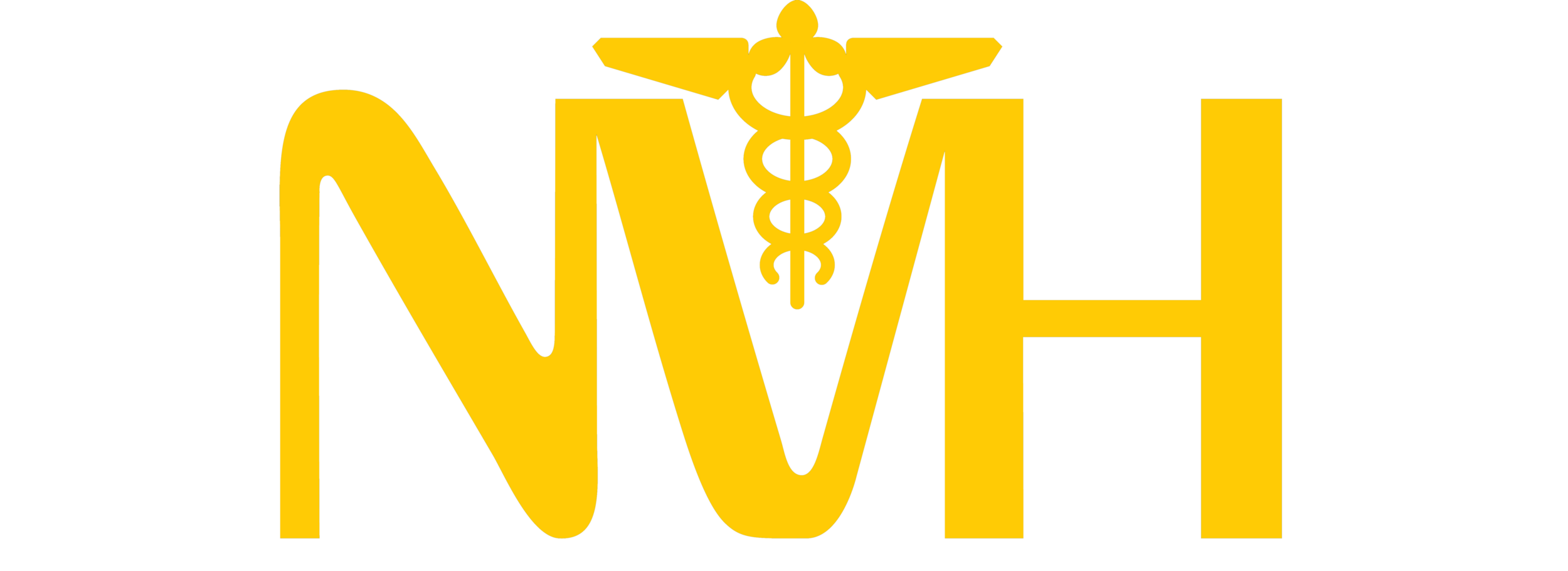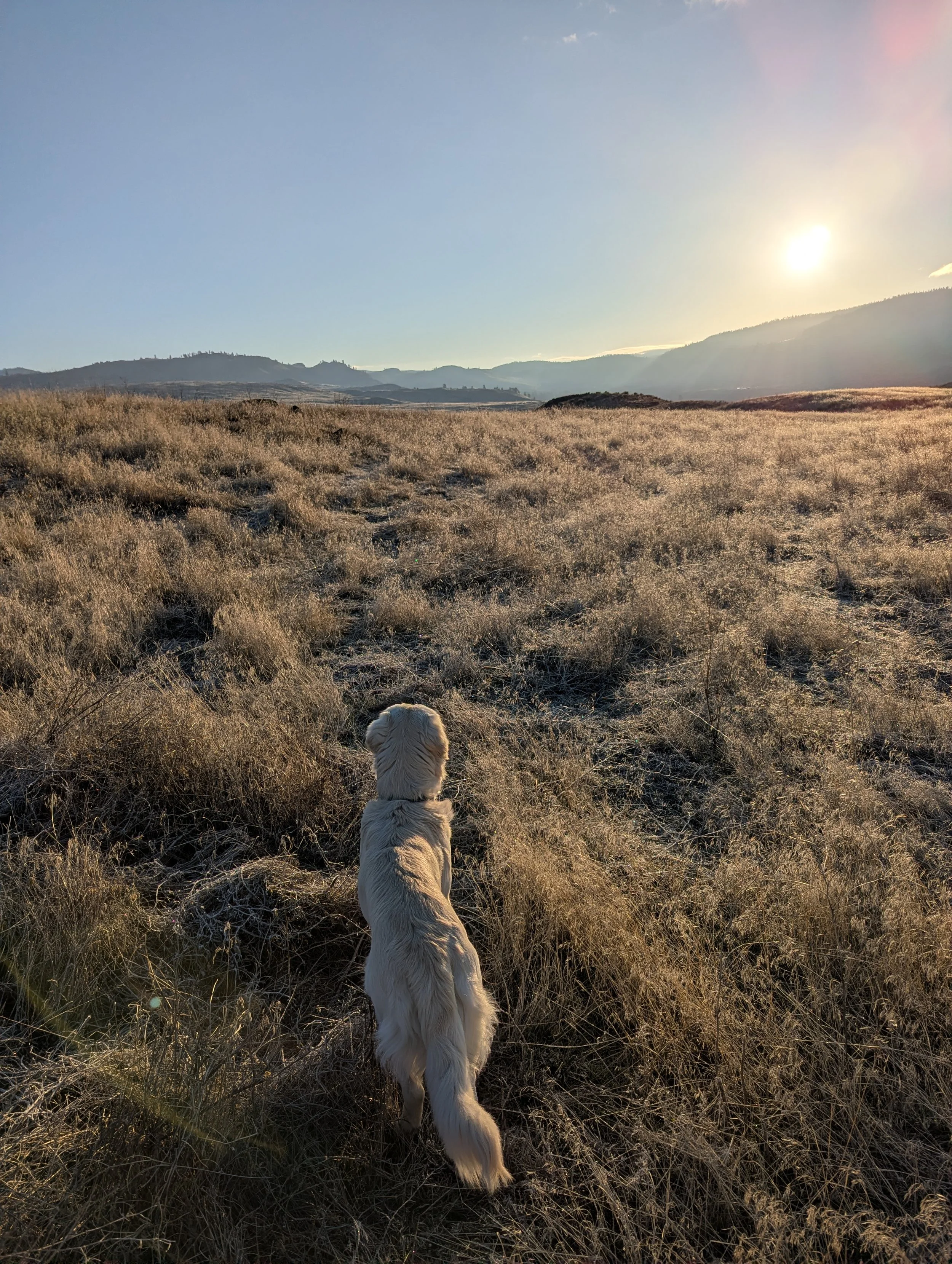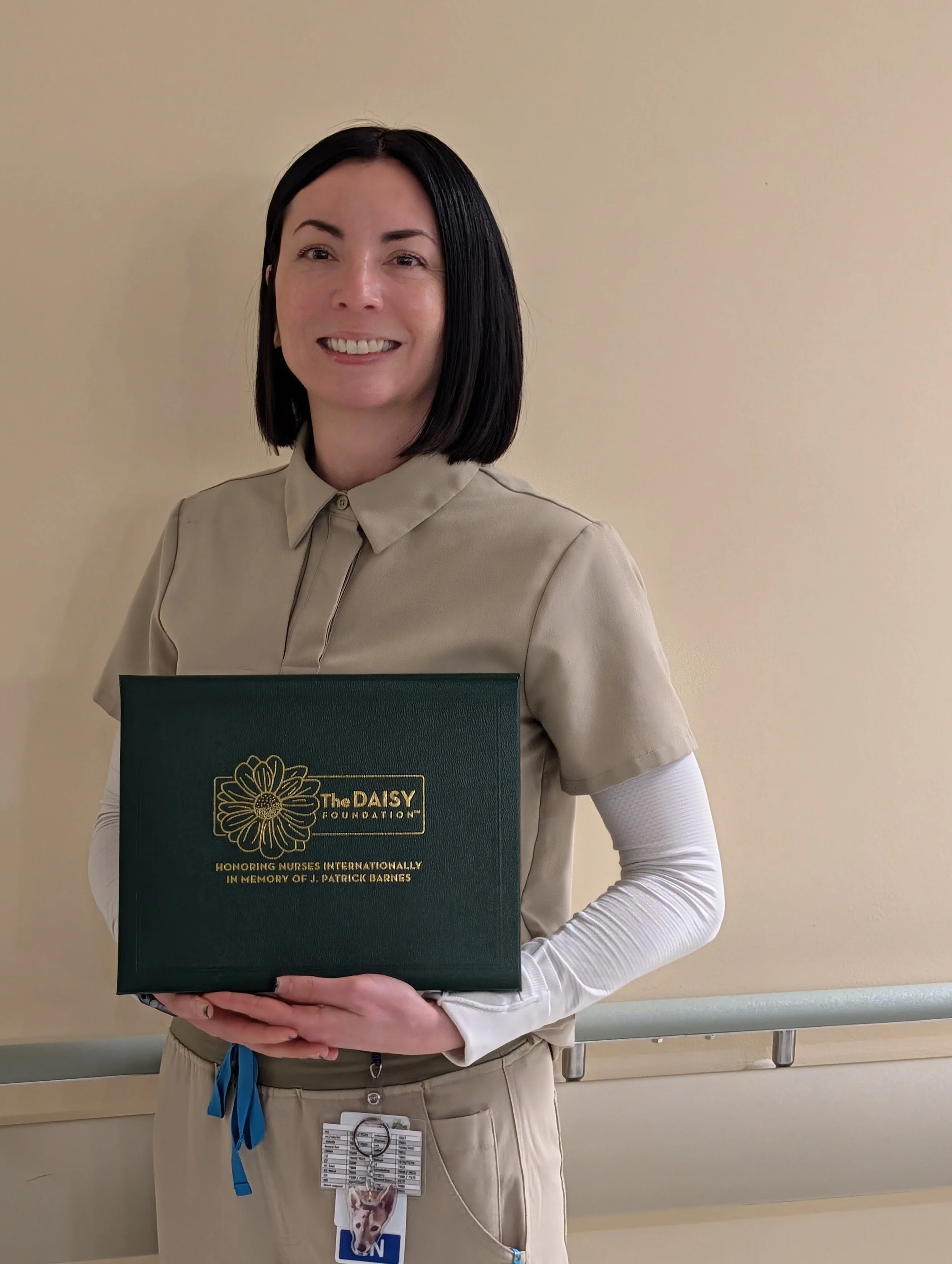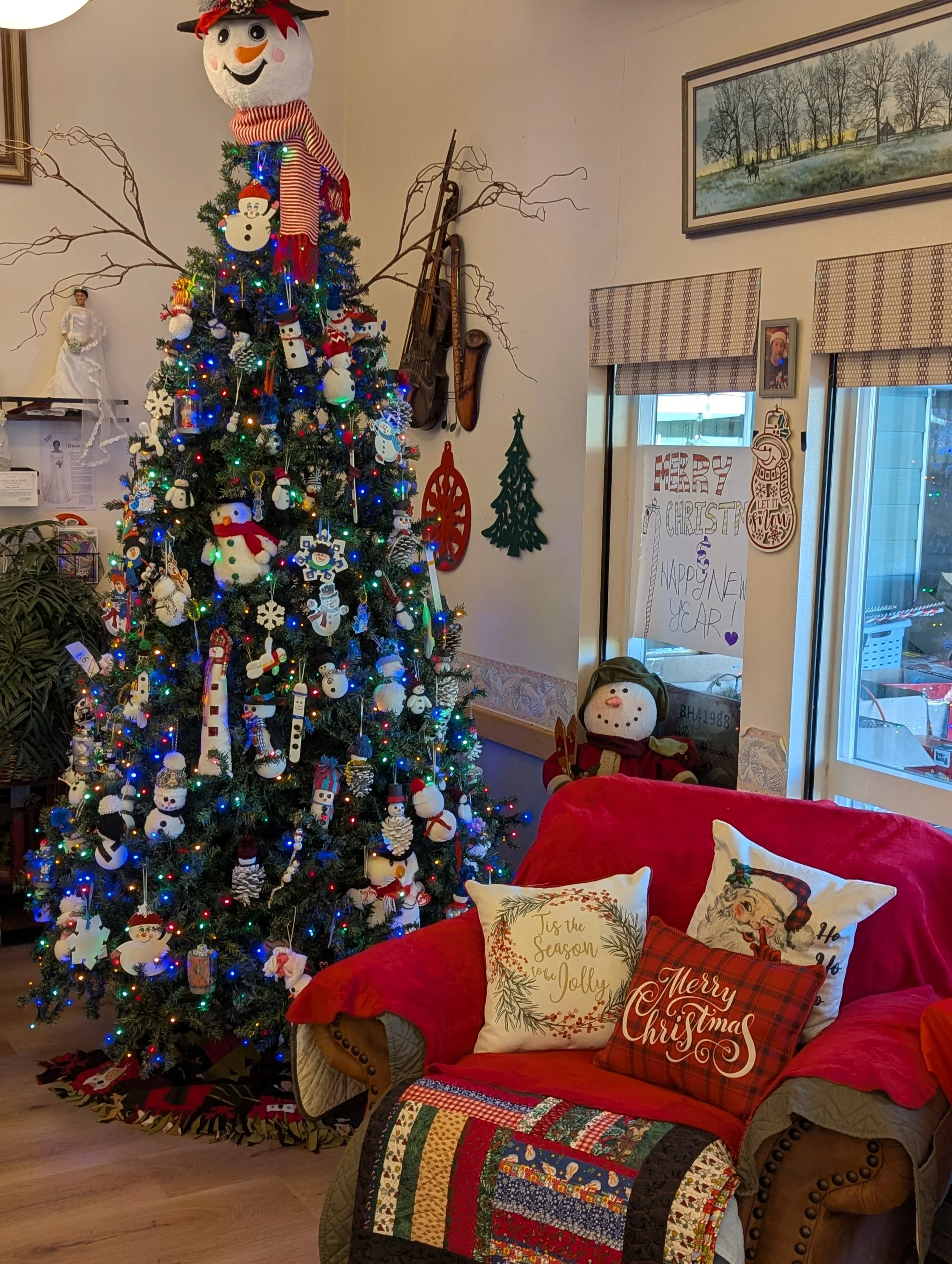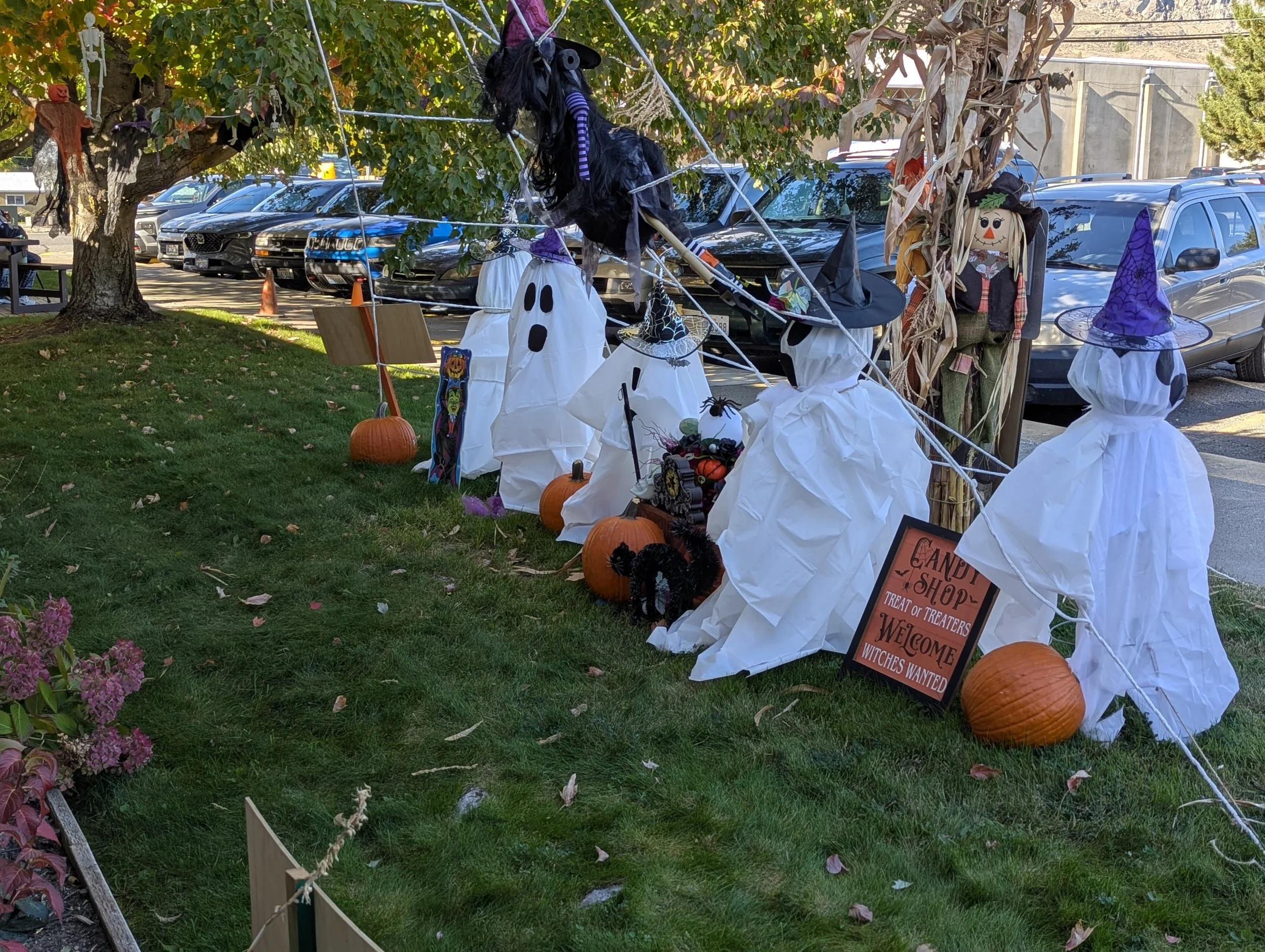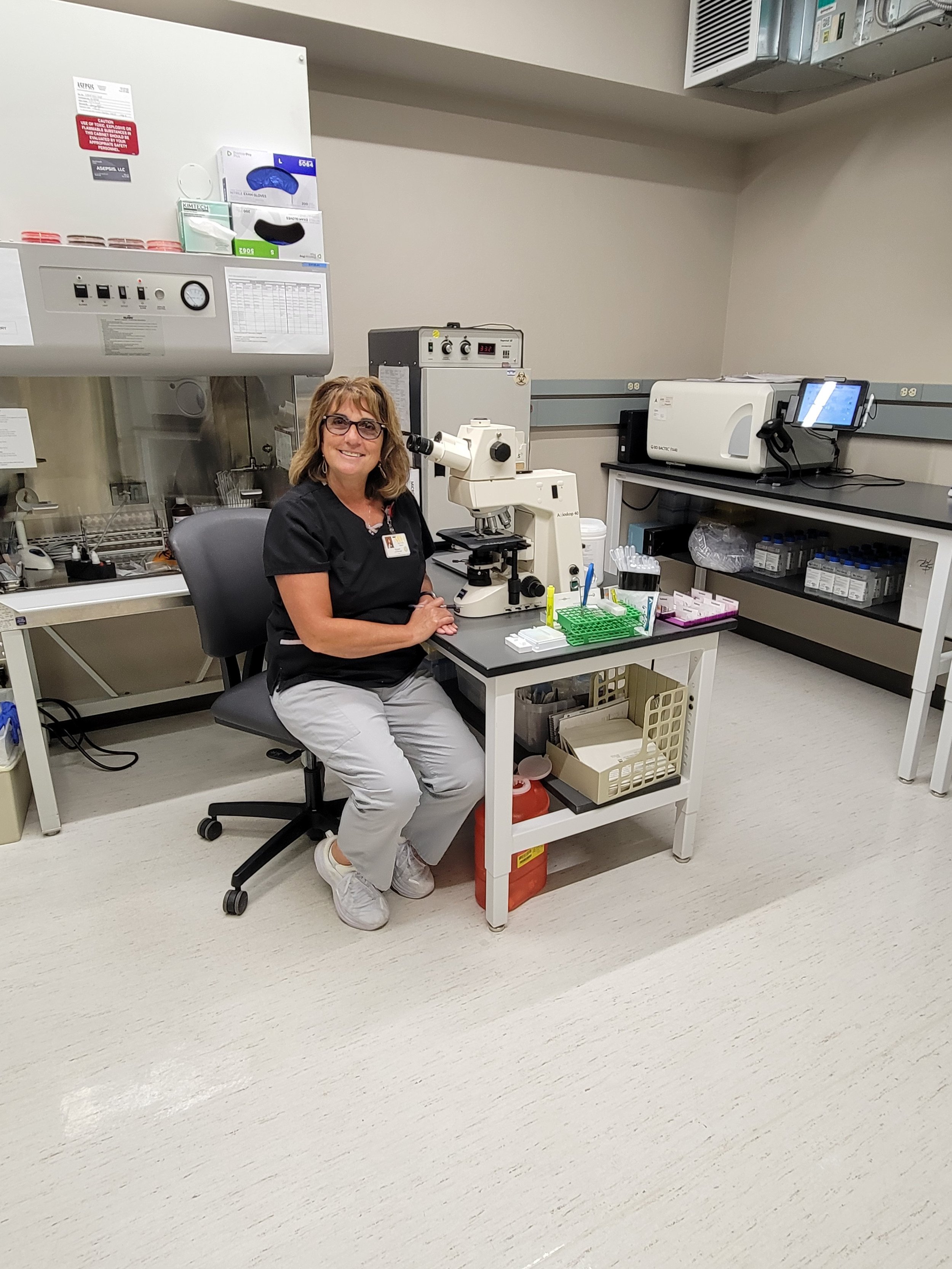2026 Budget:
On November 13th, NVH’s Board of Commissioners approved the budget for next year that estimates a modest positive bottom line, which is a slight improvement from 2025’s projection. The budget is the primary tool the Board and Administrative team utilize to track financial performance throughout the year. It helps us align and plan for seasonal changes and compare past performance to our expectations and current results. Healthcare’s economic struggles have deservedly received significant media attention, and NVH’s financial success will remain a key focus for the Board and Administrative Team.
Respiratory Season:
Respiratory season is here, and we’re already seeing an uptick in colds, flu, RSV, and other viruses that tend to spread more easily as the weather cools and people spend more time indoors. While handwashing, staying home when sick, and good ventilation all help, vaccination remains one of the most effective tools for keeping our community healthy.
This year’s flu shot is widely available, and updated COVID-19 vaccines offer strong protection against circulating strains. For older adults, young children, and anyone with chronic health conditions, RSV vaccination may also be an option. If you’re unsure which vaccines are recommended for you or your family, a quick conversation with your primary care provider can help you sort through the options.
Getting vaccinated doesn’t just protect you. It reduces the spread of illness to the people around you, helps keep our clinics and hospitals from becoming overwhelmed, and keeps workplaces, schools, and households running smoothly. If you haven’t already, consider scheduling your seasonal immunizations soon. It’s a simple step that goes a long way in keeping our community healthy through the months ahead.
Rural Health Transformation Program:
Washington has formally applied to the new Rural Health Transformation Program (RHTP), a federal initiative created by HR1 that established a dedicated national fund to support and modernize rural health care. The goal of this fund is to help rural hospitals and clinics stay financially stable, expand access to care, invest in technology, and strengthen the rural health workforce.
Under Washington’s proposal, federal dollars would flow into several major areas designed to address long-standing gaps in rural health:
Initiative 1: Ignite innovation in rural hospitals
Investing in shared rural networks, designing new value-based payment models, upgrading critical technology, and supporting essential services such as obstetrics and emergency care.
Initiative 2: Prevent disease and manage care in community settings
Expanding community health workers, long-term care workforce training, dementia support programs, EMS coordination, mobile health services, and community hubs for preventive care.
Initiative 3: Invest in the health of Native families
Supporting Tribal workforce development, establishing care coordination agreements with hospitals, and improving data exchange to strengthen the Indian health system’s connection to local care.
Initiative 4: Adopt technology and data solutions
Helping rural providers acquire telehealth tools, population health platforms, remote patient monitoring devices, and AI-driven operational supports, while expanding access to Project ECHO.
Initiative 5: Develop Washington’s rural workforce
Expanding rural family medicine residencies, rural nursing education pathways, apprenticeship programs, and financial incentives to recruit and retain clinicians in underserved areas.
Initiative 6: Expand and sustain the rural behavioral health system
Supporting mobile crisis teams, strengthening behavioral health capacity, and helping clinics transition to the Certified Community Behavioral Health Clinic (CCBHC) model.
By pairing Washington’s statewide strategies with the dedicated federal funding created under HR1, the Rural Health Transformation Program is designed to stabilize rural health care, expand local access, and build a stronger foundation for the future of care in rural communities. CMS is reviewing applications from all 50 states and will announce funding decisions by the end of the year.
Men’s Health Awareness Month:
Men tend to take care of a lot: work, family, and everything in between. Many put their own health at the bottom of the list. The truth is that a few simple habits can make a real difference, especially as we get older.
Regular checkups are one of the easiest ways to stay ahead of potential health issues. Even if you feel fine, yearly visits help catch concerns like high blood pressure, diabetes, or prostate problems before they become serious. Many conditions do not cause symptoms early on, which is why prevention is so important.
Staying active does not require a gym membership. A 20-minute walk, light home strength training, or weekend yard work can improve heart health, energy, and mood. Pair that with a balanced diet that includes more whole foods and fewer processed snacks, and you have already covered two central pillars of long-term wellness.
Talking openly about stress, sleep, and mental health is just as important. Reaching out to a friend, partner, or provider is a sign of strength and not weakness.
If you haven't had a wellness visit in a while, consider this your reminder. NVH’s primary care team is here to help you stay healthy for the people who count on you and for yourself.
